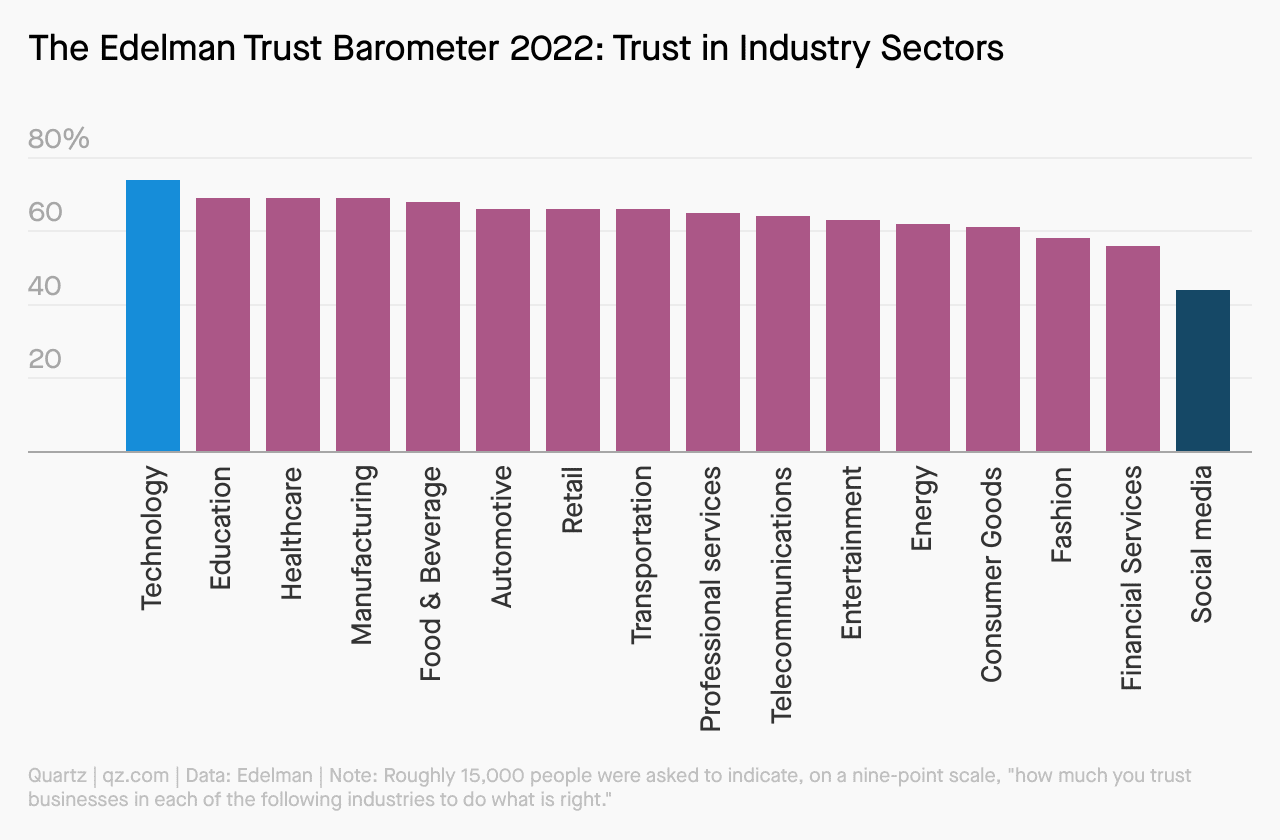The structure is something a lot of entrepreneurs struggle with, even though there are tons of information available on creating a structure for your business. A lot of founders find themselves stuck with businesses that cannot run in their absence, even after trying endlessly to create one.
To understand if your business is properly structured, there is a question you need to provide an answer to.
If you take 4 weeks off your business, with no call, text, mails, or communication of any sort, will you have a business when you get back? Will sales be made in your absence? Can deals and contracts be sealed in your absence? Will projects get delivered in your absence? Will customer complaints get resolved in your absence?
It sounds all complicated and maybe even a bit impossible for startups, but it is achievable. Once you have left the self-employed stage of your business (where you are the only staff) and gotten to a point where you have two or more employees, then a structure needs to come into place or you will end up doing the tasks you pay people to do.
There is a different post about laying out the procedures for staff to follow to get things done, but this post is actually about letting the structure stand after you have created it. Some founders will create a structure of some sort, but still end up constantly butting in, such that after one year, they are still struggling with the same problems they always had.
Let’s take the hierarchy of reporting for instance. A founder hires two new staff into the tech department and tells them that they will directly answer to his CTO. After giving them a rundown of their responsibilities, they get started. Despite telling them that they report to the CTO, the founder here continues to speak to them directly every day to find out what they have done, what they are working on, and so on.
It would only take a couple of weeks for these two new staff to figure out that the CTO is only in charge ‘in the paper’ but does not have a direct say over what they do or what happens in the technology department. Now, they think they have to report directly to the Founder/CEO and if the founder travels for a couple of weeks, he could very likely return to discover that they did nothing in his absence.
Do you understand it now?
A lot of entrepreneurs are like this. They claim to have an organized structure and hierarchy of reporting, but in truth, they still have everyone reporting to them and taking instructions from them directly. You cannot grow or scale a business by micromanaging every staff on your payroll. If you have assigned someone to head a team, then trust the person to get the job done. Don’t keep going around to directly liaise with the team members, unless those times you occasionally want some direct feedback.
Worse still, you could lose some really good talents doing this. If you keep butting in, you will weaken the same business structure you are trying to create. If you have delegated a task, let the person get it done. If you have a defined hierarchy of reporting, let it work. Stop interfering every step of the way. If not, you will end up having a structure on paper and not in reality.
It may not work out right the first time you try it, but when you finally get the right hands on your team, it becomes easier to put everything on automation. This in itself means that you have to be very precise during your recruitments and get the qualified hands on deck.






